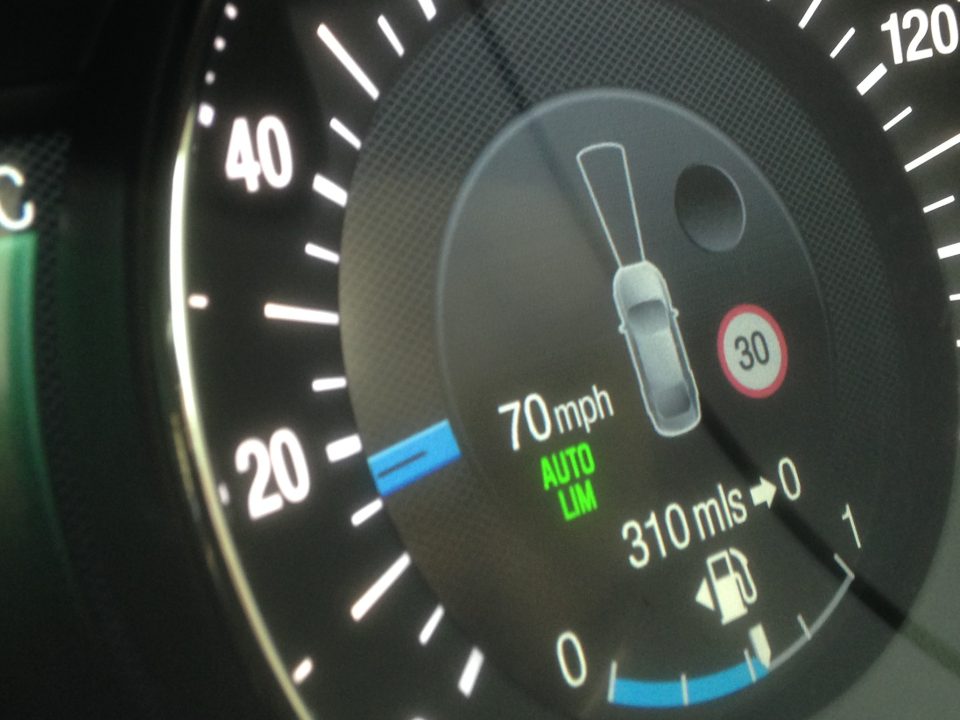
09 March 2016 – Fitting Safety as Standard: Intelligent Speed Assistance – Madrid
Dirección General de Tráfico DGT, C/Josefa Valcárcel, 44, Madrid
10.30 – 14.30
For years, speed has been recognised as one of the three main contributing factors to deaths and injuries on our roads. And for more than a decade, ETSC has been advocating the benefits of Intelligent Speed Assistance (ISA) , a driver assistance system that a 2014 Norwegian study found to be the ‘most effective’ in saving lives. 2016 could prove to be a turning point in wide adoption of the technology.
ISA uses a speed sign-recognition video camera and/or GPS-linked speed limit data to advise drivers of the current speed limit; the most advanced system can automatically limit the speed of the vehicle as needed (though the driver is still able to override the system). The first vehicles with this kind of ISA system factory fitted started appearing on the market in 2015 – helped in part by Euro NCAP’s decision to reward extra points for vehicles that include ISA.
This year the European Commission is expected to propose the next set of mandatory vehicle safety standars for the European market, and there are promising signs that ISA and other life-saving technologies will be included. A 2015 report for the European Comission by consultants TRL found ISA to be ‘feasible in terms of the technology required’, already available on the market and offering a positive benefit-cost ratio. The importance of the adoption of the technology cannot be underestimated. ISA is expected to reduce collisions by 30% and deaths by 20%.
According to research by Fundación MAPFRE to be revealed on the day, if we could stop speeding from occurring in Spain, we would prevent around 280 deaths every year in vehicle collisions and another 80 in collisions with pedestrians on Spanish roads. But waiting for the technology to trickle down from premium cars to the mass market, would take years longer than a regulatory approach. ISA has been trialled in many member states, and while drivers take a short time to adjust to the technology, the majority appreciated it. One obvious benefit is that it helps drivers avoid speeding tickets. ISA, together with other proven technologies such as Intelligent Seat Belt Reminders and Automated Emergency Braking, should be fitted as standard as soon as possible.
The event in Madrid will feature presentations of experiencies and successes with the use of ISA in EU countries, followeb by an expert panel discussion on the challenges towards the implementation of ISA in Spain.
The event is part of the iSafer campaign which aims to contribute to reducing speed-related road deaths and injuries through the identification and promotion of best practice. The campaign includes seminars at a national and European level, aiming to raise awareness of the risks of speeding and exploring the best strategies for the introduction of Intelligent Speed Assistance systems.
The project receives financial support from Fundación MAPFRE, the Flemish Government and 3M.








